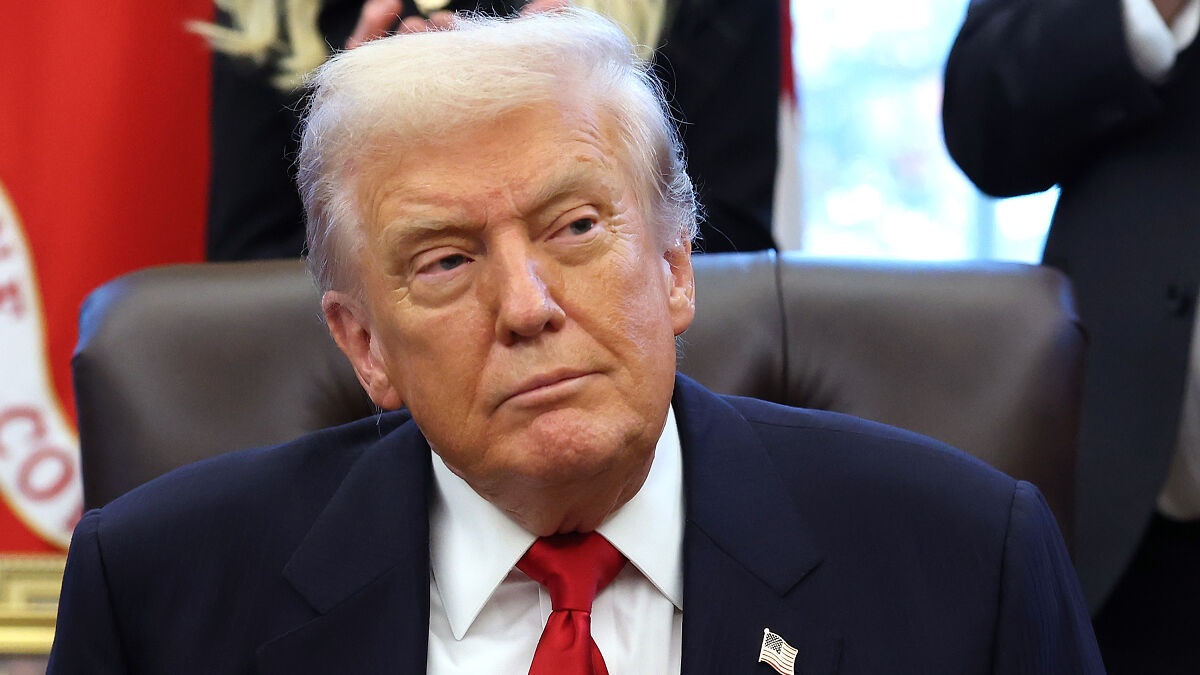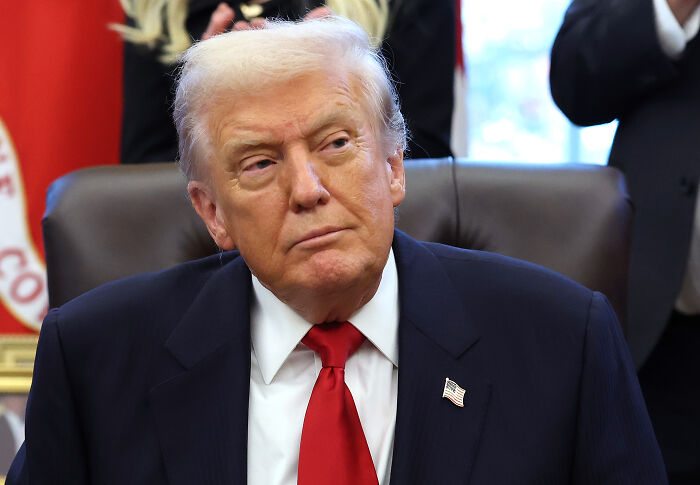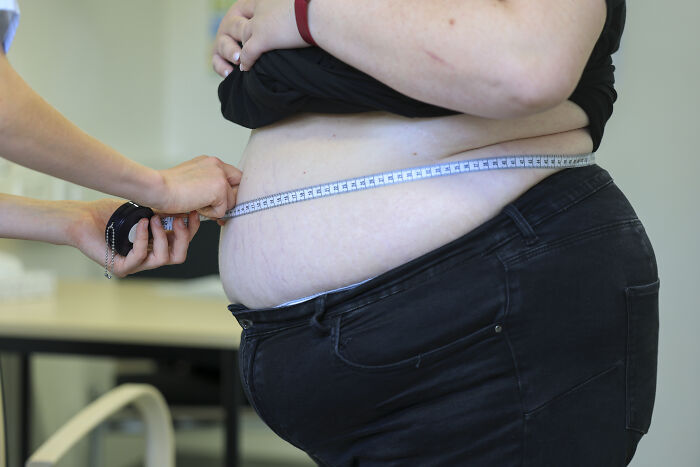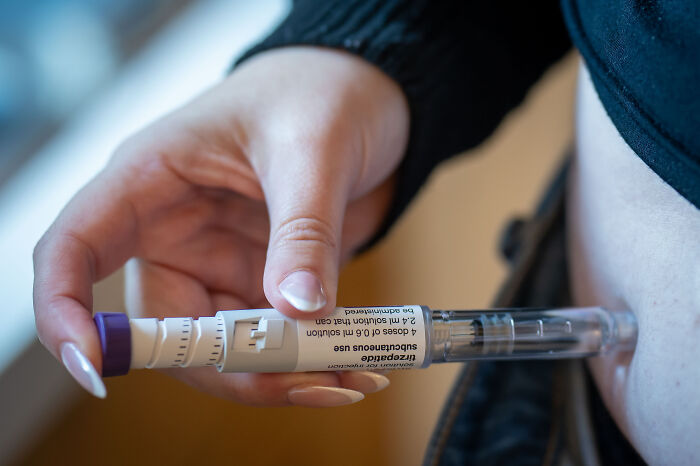
Trump ‘Obesity Ban’ Blocking Overweight Foreigners From Entering U.S. Exposed In Cable Leak
Obese people and those with diabetes could be denied U.S. visas under new guidance issued by the State Department, as per a directive sent to consular officials worldwide.
The cable, reported by KFF Health News, instructs officers to consider whether applicants with certain medical conditions might become a “public charge” if they cannot afford possible treatment costs.
- New State Department guidance could deny U.S. visas to applicants with obesity, diabetes, and other medical conditions as potential 'public charges.'
- The rule expands health criteria beyond communicable diseases, allowing consular officers more discretion in visa decisions under Trump’s immigration crackdown.
- Applicants’ financial resources, including income, assets, and insurance, will be considered to assess their ability to cover medical costs without government aid.
Health conditions listed in the document include obesity, diabetes, cardiovascular and respiratory diseases, cancers, metabolic and neurological disorders, and mental health conditions.
Foreigners with obesity could be banned from obtaining a U.S. visa
Image credits: Anna Moneymaker/Getty Images
While medical screening has long been part of the visa process, traditionally focused on communicable diseases such as tuberculosis and vaccination history, experts say the new guidelines represent a significant expansion of the conditions being considered.
They also give consular officers more discretion to deny applications based on an individual’s health and financial circumstances amid President Donald Trump’s large-scale immigration crackdown.
The directive effectively broadens the interpretation of the long-standing “public charge” rule, which allows officials to deny visas to people deemed likely to depend on government assistance.
“Does the applicant have adequate financial resources to cover the costs of such care over his entire expected lifespan without seeking public cash assistance or long-term institutionalization at government expense?” the cable states.
It is understood that the change applies to immigrant visas—those seeking permanent residence—and not to short-term, non-immigrant visas such as B-2 visitor visas, which cover personal travel and medical treatment.
Image credits: Jan Woitas/picture alliance via Getty Images
The rule does not automatically bar individuals based on a diagnosis, but under the updated instructions, officers are expected to weigh medical conditions alongside an applicant’s income, assets, and insurance coverage when deciding eligibility.
“It’s no secret the Trump administration is putting the interests of the American people first,” State Department spokesman Tommy Pigott told the Daily Mail.
“This includes enforcing policies that ensure our immigration system is not a burden on the American taxpayer.”
Adriana Cadena, executive director at Protecting Immigrant Families, told AP that the policy is “dangerous” and could impact immigrants living in the U.S. lawfully.
“Its reported breadth and secrecy drive confusion and concern that deter lawfully present immigrants and U.S. citizens in immigrant families from getting help and care for which they qualify under federal law,” Cadena said.
Similarly, Charles Wheeler, a senior attorney for the Catholic Legal Immigration Network, told KFF Health News that directing visa officers to develop their own thoughts on potential media scenarios was concerning.
Image credits: Matthew Horwood/Getty Images
“That’s troubling because they’re not medically trained, they have no experience in this area, and they shouldn’t be making projections based on their own personal knowledge or bias,” he said.
The directive was issued on the same day that Trump held a press conference at the White House about the price of weight-loss drugs being slashed.
The deal involved Eli Lilly and Novo Nordisk, two of the world’s largest producers of GLP-1 weight-loss medications.
On sale on Trump RX, expected to launch next year, the prices of Ozempic and Wegovy will fall from $1,000 and $1,350 per month, respectively, to $350, while Zepbound and Orforglipron, if approved, will drop from $1,086 per month to an average of $346.
If the FDA approves the Wegovy pill, or similar drugs that can be taken orally, then the initial dose of those drugs will be priced at $150 per month.
Poll Question
Thanks! Check out the results:
I know right? Coming from that fat tub of orange painted lard
Load More Replies...I know right? Coming from that fat tub of orange painted lard
Load More Replies...







15
2